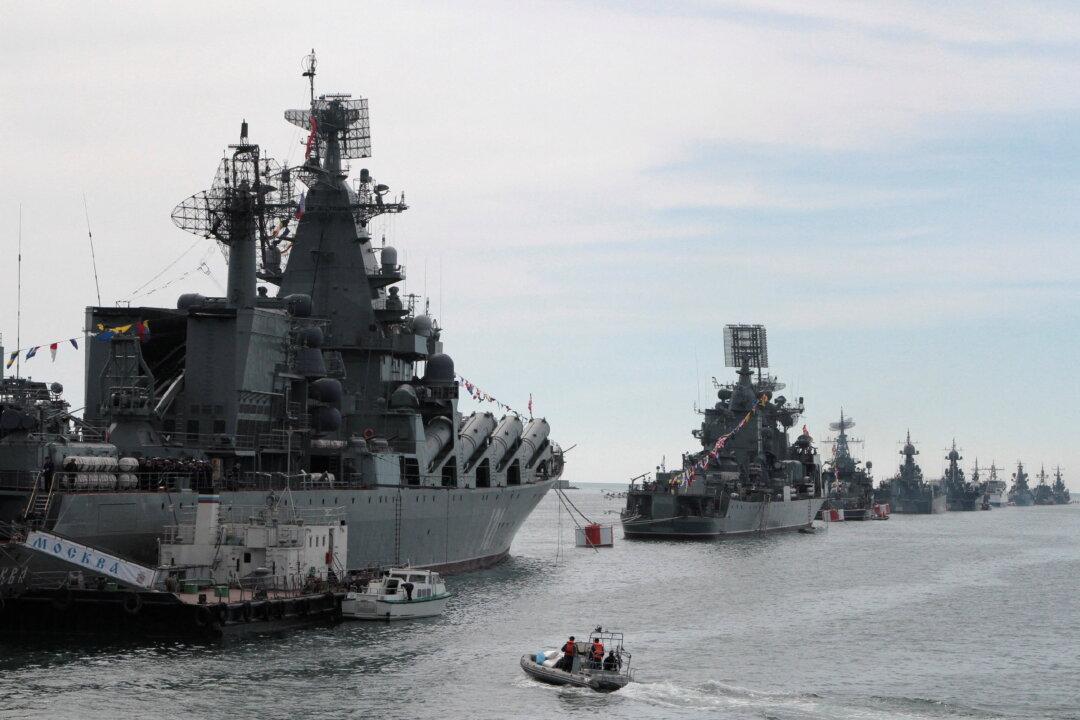The United Kingdom is dismissing the Kremlin’s claims that British military “specialists” played a role in September explosions on strategic energy pipelines linking Russian gas fields to Northern Europe.
“We’re carefully monitoring the situation, but it is right to not be drawn into these sorts of distractions, which is part of the Russian playbook,” a spokesman for UK Prime Minister Rishi Sunak told reporters on Nov. 1.





